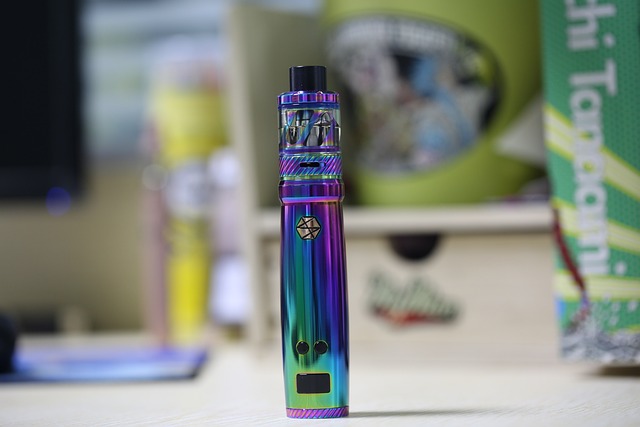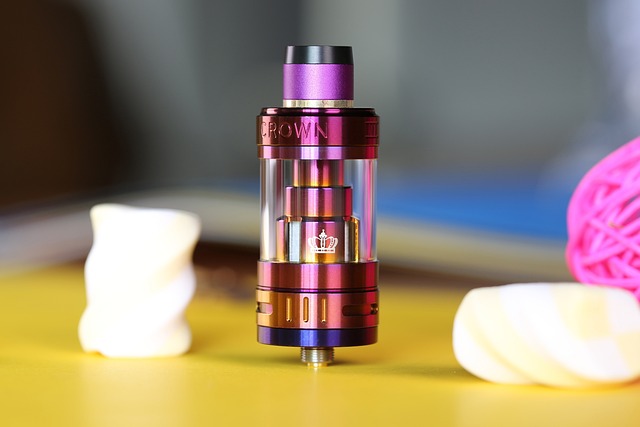Death Row THC Vapes: Exploring the Intersection of Cannabis, Justice, and Society
In recent years, the conversation surrounding cannabis has evolved dramatically, particularly in relation to its use within the justice system. Among the more intriguing topics is the phenomenon of “death row THC vapes.” This term not only reflects the use of cannabis products by inmates on death row but also highlights broader issues of ethics, health, and policy reform. As discussions around cannabis legalization continue to gain momentum, understanding how it impacts individuals in the most extreme circumstances offers valuable insights.
Understanding THC and Its Role in Inmate Health

Tetrahydrocannabinol (THC) is the primary psychoactive compound in cannabis. Its therapeutic properties, which include pain relief, anxiety reduction, and overall wellness, are making it a focal point in conversations about inmate care. Death row inmates often face arduous physical and psychological challenges. The combination of an impending death sentence (often accompanied by immense stress and anxiety) can lead to deteriorating mental health.
Recent studies indicate that THC vapes could provide a less invasive alternative to traditional pain management methods. Vaping delivers concentrated doses of THC more quickly than other consumption methods, potentially allowing inmates to manage their symptoms more effectively. Notably, inhalation can be more appealing to individuals in confined spaces, where traditional methods might not be accessible or practical.
Case Studies: Compassionate Use of THC Vapes
One prominent case that gained attention was that of Derek McRae, a death row inmate who was granted permission to use THC vapes as part of his end-of-life care. McRae, diagnosed with terminal cancer, had reportedly suffered extreme pain during his incarceration. After a lengthy legal battle, the court allowed him to access THC to alleviate his suffering. This case sparked a conversation about the rights of inmates and the availability of compassionate care behind bars.
Such examples have encouraged lawmakers and advocates to push for more humane treatment of those on death row. Proponents argue that providing THC vapes can not only improve inmate well-being but also create a more ethical approach to handling prisoners as they face the end of their lives.

The Legal Landscape Surrounding Cannabis Use in Prisons
The legality of cannabis, including THC vapes, varies significantly across the United States. While some states have legalized marijuana for recreational and medical use, federal laws continue to classify it as a Schedule I substance. This discrepancy creates a complex environment where the rights to health care and the use of cannabis products can conflict.
In many correctional facilities, cannabis is still prohibited. However, advocacy groups are working diligently to reform policies. They assert that terminally ill inmates should have access to THC vapes to manage their conditions compassionately. Issues of legality, morality, and inmate care will need to converge to create a system supportive of humane treatment.
The Stigma of Cannabis in the Justice System
The relationship between cannabis and the justice system has been fraught with stigma and misconceptions. Marijuana has historically been demonized, which contributes to the reluctance of some policymakers to address the potential benefits of THC vapes. However, as public opinion shifts in favor of cannabis reform, there is a growing recognition of its therapeutic potential.
It is essential to foster open dialogues about the implications of allowing THC vapes for death row inmates. By prioritizing human rights and compassionate care, society can start to dismantle the stigma surrounding both cannabis and the justice system.
Conclusion: A Step Towards Compassionate Justice
The conversation surrounding death row THC vapes is emblematic of the larger discussions we need to have about health, justice, and human rights. Providing inmates with access to cannabis products like THC vapes could signify a progressive shift towards more compassionate care in an often harsh system. The integration of health-focused policies in correctional facilities will require continuous advocacy, legislative efforts, and a commitment to addressing the nuanced realities of those on death row.
Understanding the potential benefits and challenges surrounding this topic is crucial for shaping a more just and humane society. As we navigate these conversations, let us remain focused on compassion, dignity, and the fundamental rights of all individuals, regardless of their circumstances.





